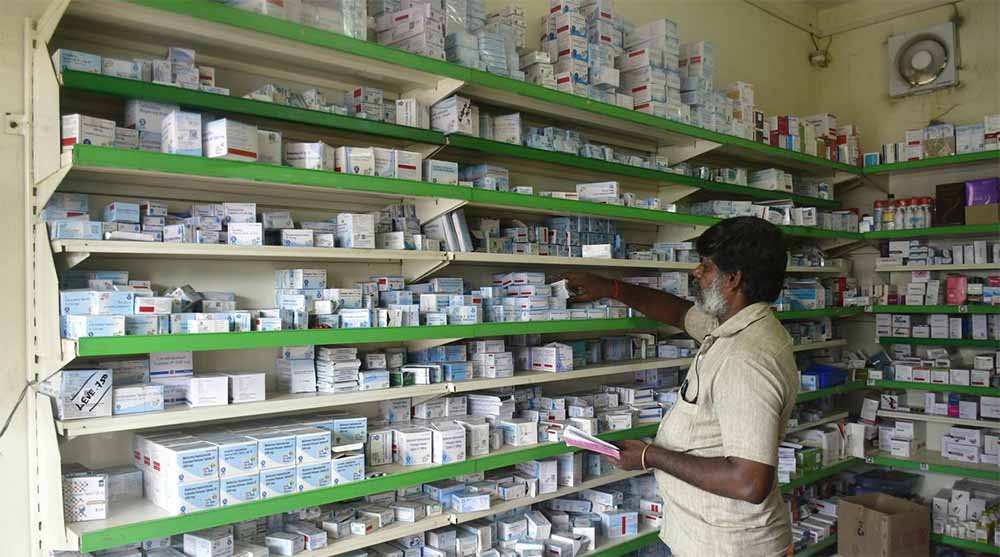Maharashtra has become the first state in India to introduce a universal healthcare policy, as announced by Union Health Minister Dr. Mansukh Mandaviya. The state's Mahatma Jyotirao Phule Jan Arogya Yojana (MJPJAY) will be co-branded with the Centre's Ayushman Bharat Pradhan Mantri Jan Arogya Yojana (AB-PMJAY) to offer comprehensive health coverage. The revamped scheme will provide a cover of INR 5 lakh ($6,900), irrespective of their ration card status, and will now cover 1,900 ailments, up from the previous 996. Under this improved health scheme, 12 crore citizens in Maharashtra will be provided with a health cover. Previously, the MJPJAY scheme covered around 2.22 crore beneficiaries who were below the poverty line and held yellow or orange ration cards.
The co-branded cards will be issued to 1 crore citizens by August, and the remaining 10 crore citizens will receive them within the next six months. The estimated cost for producing these 12 crore co-branded cards is around INR 179 crore, which will be funded by the Centre through the National Health Authority (NHA).

In addition to the expanded coverage, the government plans to increase the number of empanelled hospitals under the scheme and strengthen rural healthcare infrastructure. The Centre has allocated ₹3,000 crore funds for this purpose. Furthermore, each district in the state will have a 50-bed critical care unit equipped with oxygen, ventilators, and other critical care facilities. The government also intends to enhance access to affordable medicines through Jan Aushadhi Kendras, which provide generic medicines at subsidized rates. Currently, there are 600 such units, and the plan is to increase them to 1,000 to address the rising burden of non-communicable diseases and the associated long-term treatment expenses.